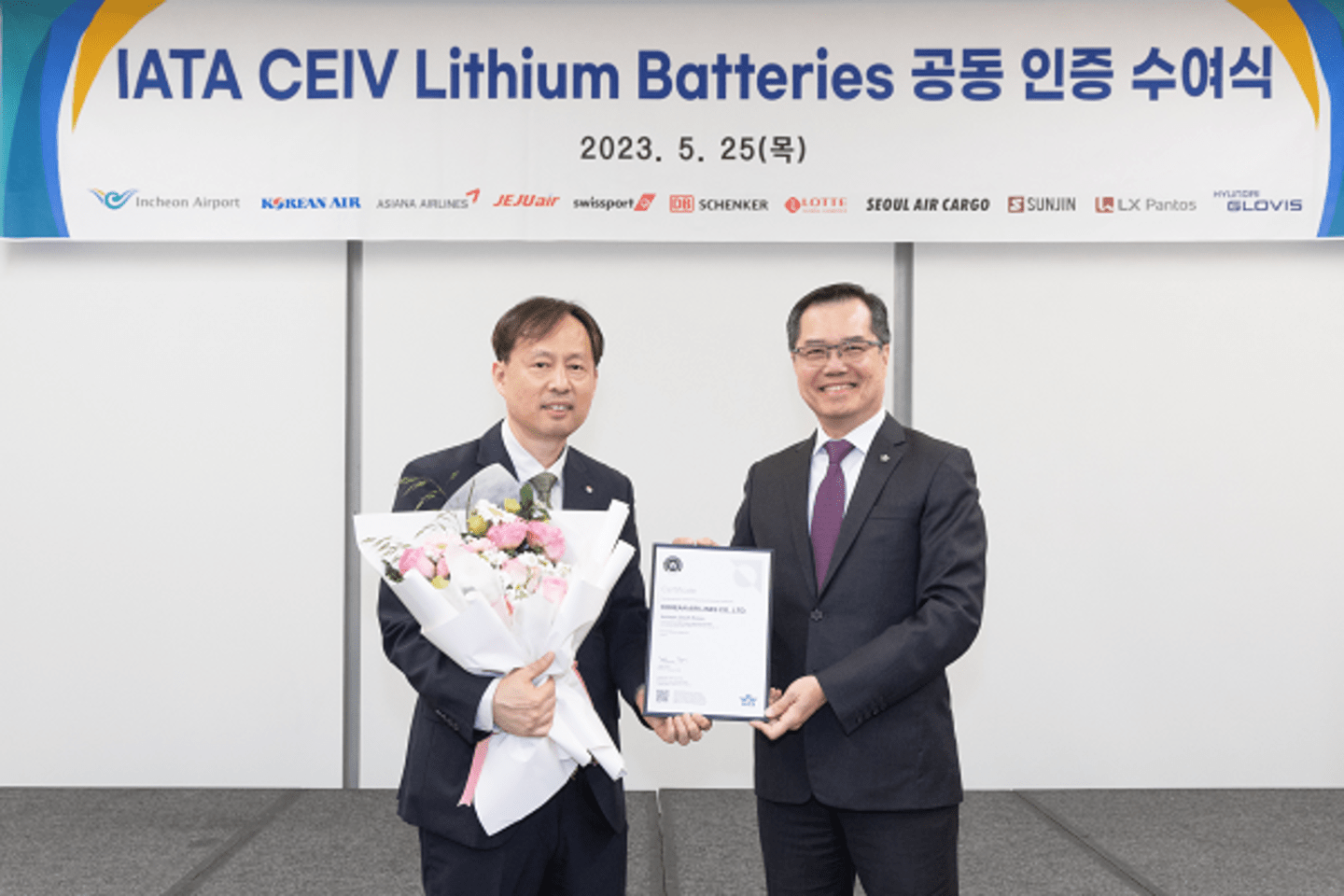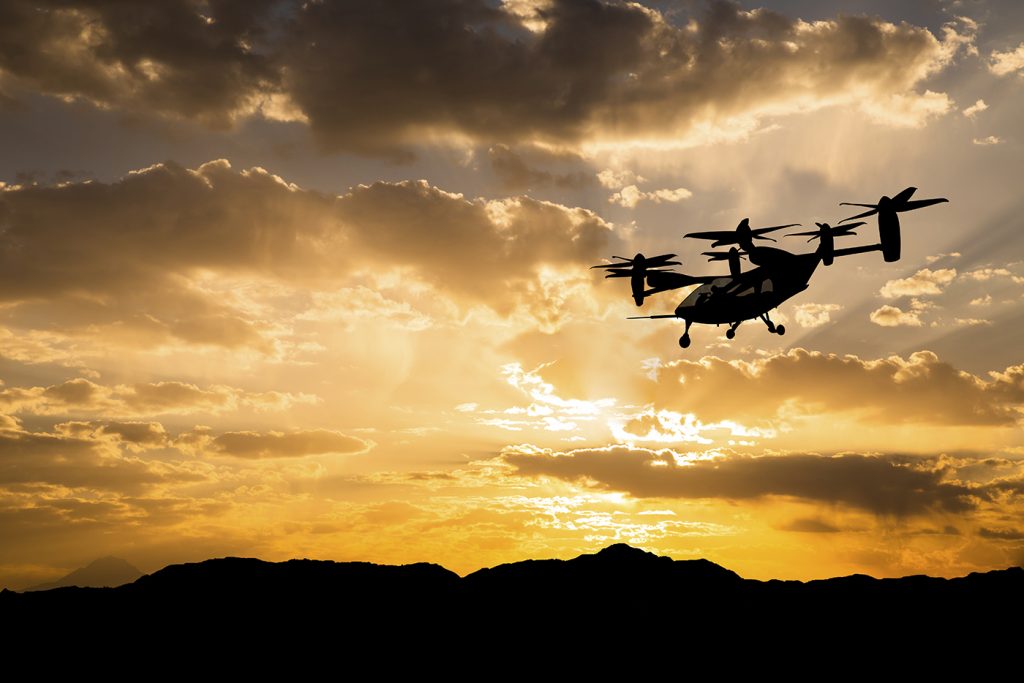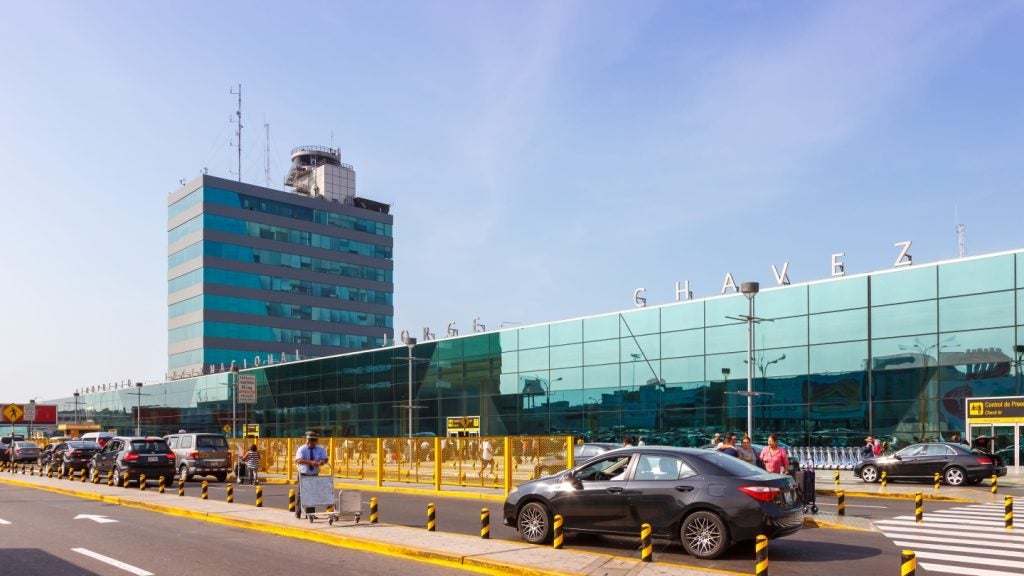
Korean Air has celebrated earning a lithium battery certification recognising the airline’s standard for handling shipments of the resource.
The Independent Air Transport Association’s (IATA) Center of Excellence for Independent Validators (CEIV) is responsible for the awarding of the certification, which was first introduced in 2021 and established baseline standards for the transport of lithium batteries through the supply chain.
In addition to achieving the CEIV certification, which was approved in April, Korean Air also boasts that it sometimes enacts proprietary procedures above and beyond international standards.
Recognition of the airline’s capacity to handle the increasingly important cargo comes at a time when lithium batteries count for over 10% of Korean Air’s total air cargo volume, a number that is only expected to grow.
Extra care is needed when handling the technology as although it is generally deemed to be very safe, the high energy held in the batteries means that mishandling or manufacturing faults can cause them to catch fire, something that a number of airlines have fallen foul of.
See Also:
Korean Air’s certification comes after months of work in collaboration with a number of stakeholders in South Korea’s air cargo sector, including Incheon International Airport, all of whom have been certified by the CEIV in the first half of this year.
How well do you really know your competitors?
Access the most comprehensive Company Profiles on the market, powered by GlobalData. Save hours of research. Gain competitive edge.

Thank you!
Your download email will arrive shortly
Not ready to buy yet? Download a free sample
We are confident about the unique quality of our Company Profiles. However, we want you to make the most beneficial decision for your business, so we offer a free sample that you can download by submitting the below form
By GlobalDataStandards and precautions set out by the IATA include ensuring appropriate packaging is used and carrying out dangerous goods training every two years for those involved in the supply chain to ensure that all persons are aware of the regulations around shipping the technology.
In addition to international standards, many airlines also have their own rules around passenger transport and which types and sizes of lithium batteries can be taken on board as hold and cargo luggage.
Recently, security screening company Smiths Detection revealed a new lithium battery algorithm to detect lithium batteries with a minimum false alarm rate.






